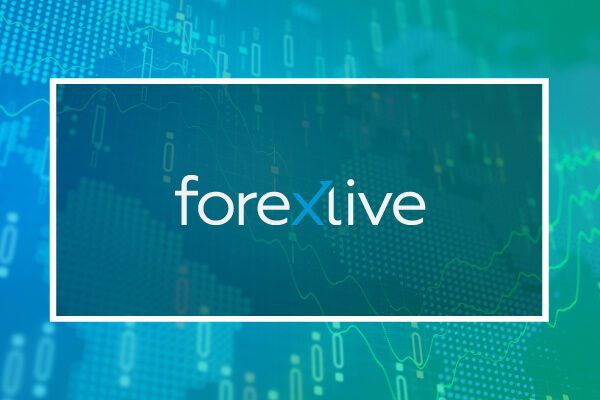
Famed hedge fund manager Ray Dalio wants investors to look beyond the traditional 60/40 portfolio made up of 60% stocks and 40% bonds.
Instead, the billionaire founder of Bridgwater Associates is urging investors to allocate 15% of their portfolio to gold and crypto. While he didn’t reveal how he allocates his own portfolio, this percentage represented “the best return-to-risk ratio,” he said on The Master Investor Podcast with Wilfred Frost.
Dalio noted he owns both gold and crypto, but with a caveat, he owns some Bitcoin but not much.
“I’m strongly preferring gold to Bitcoin, but that’s up to you,” he said.
The larger issue is the devaluation of money, and gold has provided a hedge against this issue throughout history. Bitcoin, in recent years, has also played a similar role as a store of value, and “it’s being perceived by many as an alternative money,” he added.
Still, Dalio said he also doesn’t want investors to overload on gold, instead saying, “I want them to diversify well.”
Dalio declined to Fortune comment through a spokesperson.
Both Bitcoin and gold have been on a tear in 2025, with both assets up about 25% year-to-date. Due to further adoption by companies and nations, John Haar, the managing director of Bitcoin-focused financial services company Swan Bitcoin, sees the price of the cryptocurrency rising above $200,000 per coin by the end of 2025.
On stocks, Dalio said the recent hype over AI has made Magnificent Seven stocks like Alphabet, Amazon, and Meta relatively expensive, despite the grand promises of the technology.
“The Magnificent 7 have become rather expensive relative to what even optimists would say are the present value of the future cash flows,” he said.
Dalio has warned previously about buying into overvalued stocks even when a company looks great.
“A great company that gets expensive is much worse than a bad company that’s really cheap, so you have to look at pricing” he told entrepreneur David Freidberg on the All-In Podcast earlier this year.
The state of the U.S. economy and the ballooning federal debt have been favorite topics of Dalio’s for years. He previously compared escalating debt payments to “plaque in the arteries,” and said on the podcast with Frost that the “economic heart attack” which could come about because of increasing debt has not been priced into either the bond or currency markets.
Dalio’s warning about bonds goes hand-in-hand with his skepticism about how the government is handling its debt, said Stephan Shipe, a finance professor at Wake Forest University and founder of financial advisory firm Scholar Financial Advising.
“If there’s a lack of faith in the government’s ability to manage the deficit and repay debt, you’re likely to see interest rates rise to compensate for that higher risk. That pushes down the value of existing bonds, which makes them less of a safe haven than they’ve been in the past,” Shipe said.
The trend of escalating interest payments on the federal debt continues; the interest payments could cost the government $13.8 trillion over the next 10 years, according to the Congressional Budget Office.














